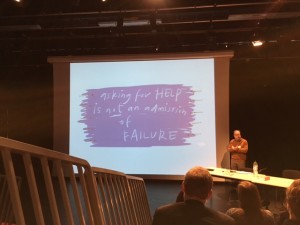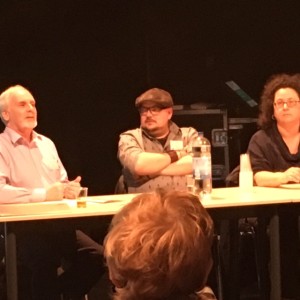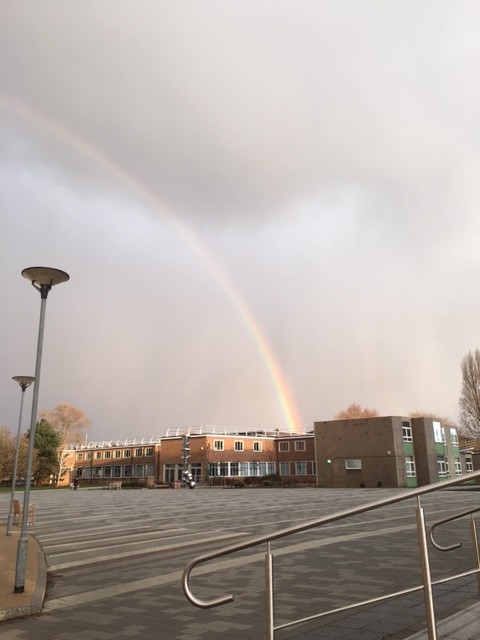When I’m talking to people about what I do, they tend to assume that I work with authors and that the bulk of my work is on novels. I love copy-editing fiction, and I particularly enjoy working directly with self-publishing authors, but there are many other groups of people who need the services of a proofreader or copy-editor. It’s not just about books – any piece of writing, no matter how short, might need some attention!

You expect well-known brands to get ‘simple’ things like spelling and grammar right. If they don’t, it undermines the customer’s trust in the brand. This also applies to small companies, but you’re more likely to cut them some slack – you might trust Greg down the road to repair ‘all kinds of car’s’, but you want Mercedes to pay the same detailed attention to their grammar as you hope they do to your car!
Very large companies probably employ a team of proofreaders and copy-editors to make sure anything that goes out to the public with their name on it is correct. As a freelancer, I’m more likely to work with small- to medium-sized businesses. If you need a way to stand out from your competitors and give yourself the edge, making sure your spelling and grammar is perfect is one way of winning over customers who are sitting on the fence.
Proofreading and copy-editing that I do for businesses includes:
- Adverts for print and online. It’s particularly embarrassing if something is spelled wrong in an advert, and they often cost a lot of money.
- Leaflets and other hard copy promotional material – often given out at trade shows or with purchases. No one wants to be left with 500 misspelled t-shirts …
- Brochures. Something glossy and well-designed is often intended for clients who want to part with their spondoolies.
- Recruitment materials. High-calibre applicants want to feel as though they’ll fit right in.
- Legal documents. I can’t advise on legalities, but I can make sure spellings are correct!
- Social media updates. They can be seen by tens of thousands of people. Even if a company doesn’t have a big following, something embarrassing can go viral in the blink of an eye.
- Letters. Yes, they are still sent occasionally! An eloquent letter on thick paper, embossed with a crest, thanking Greg for his tip-top repair to the Prime Minister’s Mercedes would fall a bit flat if it was addressed to ‘Grge’. ‘Impossible!’ I hear you say. Hmm, just ask any Louise how often they’ve been a ‘Lousie’ …
- Blog posts. They are really important when it comes to driving traffic to websites, so most businesses will have a regularly-updated blog or news section. Perhaps one person writes all the content; perhaps they use several members of staff or guest bloggers with different areas of expertise; whatever the approach, everyone wants their blog to look professional.
- Web pages. A shop window to the world. An error-free website can give one company the edge over the competition just by virtue of making them look slicker and more detail-oriented.
- Reports. They could be annual reports or reports about a specific project. They might be aimed at shareholders, sponsors or the general public.
These points don’t just apply to businesses that sell products or services. Not-for-profit companies and charities produce all of the things listed above, and they want to project a professional image to sponsors, donors and the public as well as the people they help.
As well as work for businesses, I also proofread and copy-edit for:
- Publishing houses. Many of them employ freelancers – sometimes through an agency – rather than in-house editors and proofreaders.
- Students and academics. If someone’s academic work is being published by a traditional publishing company, it will usually come to me via the publisher or an agency, but some academics want to self-publish, and students are often allowed to use a proofreader on their theses provided the content is original.
- Self-publishing authors. My favourite group of people to work with. They might have written fiction or non-fiction; thanks to my contact with authors I’ve read some amazing books on a wide variety of topics and across a range of genres.
I hope this has given you a bit more insight into the life of a proofreader and copy-editor. As you can see, it’s about a lot more than just reading books. If you know someone you think might benefit from any of these services, please send them my way and I will make their copy ship-shape!
*Image courtesy of Mascola.


